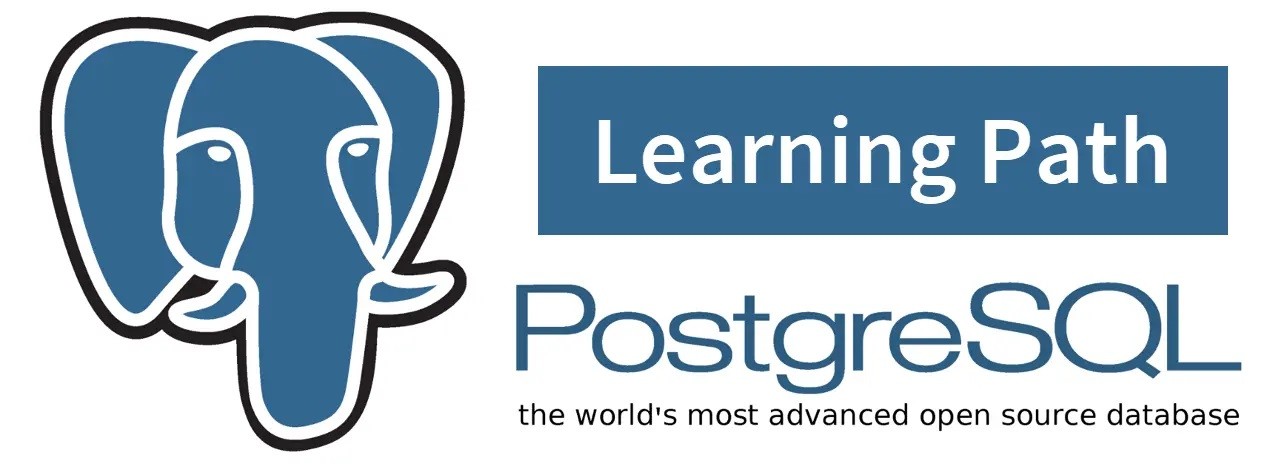
Mastering PostgreSQL - A Comprehensive Learning Path
Vivek Kumar
Data Analyst | Data Analyst Teacher and Freelancer | Empowering Global Learners in Data Analysis | Data Analysis Mentor & Educator | Tableau | Power BI | Alteryx | Python | SQL | Oracle | MySQL | Big Query | R language
As a data analyst and mentor, I often find students struggling with understanding complex database systems, especially when it comes to mastering PostgreSQL. PostgreSQL, one of the most robust and versatile open-source relational database systems, is an essential skill for anyone aiming to excel in data analytics, data science, or backend development.
This article will guide you through every critical aspect of PostgreSQL, from basic concepts to advanced features. We'll cover every point in detail, based on the comprehensive learning path provided in the PDF and supplement it with additional resources and links to help you deepen your knowledge.
Why PostgreSQL?
PostgreSQL is a powerful, open-source relational database system that supports SQL standards and various advanced features. It’s known for its flexibility, scalability, and support for various data types, including JSON, which makes it ideal for both structured and unstructured data.
Key Features:
1. Basic Concepts of PostgreSQL:
Relational Database Concepts:
Understanding relational databases is the first step to mastering PostgreSQL. These databases organize data in tables (relations), which consist of rows (tuples) and columns (attributes). PostgreSQL adheres to this relational model with strict enforcement of schema rules, constraints, and relationships.
Resources:
Data Types:
PostgreSQL offers a wide range of data types including integers, floating points, strings, and more. It also supports custom data types.
Key Types:
Resources:
SQL Queries:
Learning how to write efficient SQL queries is crucial. This involves:
Resources:
2. PostgreSQL Installation and Setup
Setting up PostgreSQL:
You can install PostgreSQL on various platforms using package managers or via Docker. Ensure you have PostgreSQL installed properly and use psql, the interactive terminal, to start querying.
Installation Guides:
Managing PostgreSQL:
You will also learn how to manage PostgreSQL instances using tools like systemd, pg_ctl, or deployment through cloud services.
3. Advanced SQL Concepts in PostgreSQL
Joins and Subqueries:
Mastering joins (INNER, LEFT, RIGHT) and subqueries is critical for working with related datasets.
Resources:
CTEs and Window Functions:
CTEs (Common Table Expressions) simplify complex queries, and window functions allow performing operations over partitions of data.
Resources:
领英推荐
4. PostgreSQL Performance Optimization
Query Planner:
Understanding how PostgreSQL's query planner works is crucial for optimizing query performance. The planner determines the most efficient way to execute a query.
Key Tools:
Resources:
5. PostgreSQL Security
Roles and Authentication:
Securing PostgreSQL involves managing roles, permissions, and authentication. Using pg_hba.conf file, you can configure client authentication methods, SSL settings, and grant or revoke privileges.
Resources:
6. Backup and Recovery
Backup Tools:
PostgreSQL offers several tools for backing up and restoring databases, including pg_dump, pg_restore, and pg_basebackup. Advanced third-party tools like barman and pgbackrest provide additional options for automated backups.
Resources:
7. Replication and High Availability
Streaming Replication:
Replication allows for data to be copied from one PostgreSQL instance to another, improving reliability and availability.
Tools:
Resources:
8. PostgreSQL Monitoring and Troubleshooting
Monitoring Tools:
Tools like Prometheus and Zabbix can monitor PostgreSQL performance, while pgBadger helps analyze log files for performance bottlenecks.
Resources:
Conclusion: Building a Strong PostgreSQL Foundation
Mastering PostgreSQL is essential for anyone serious about working with relational databases, especially in the fields of data science and analytics. Whether you're focused on SQL queries, optimizing performance, or managing a production-level system, PostgreSQL offers all the tools and flexibility you need.
Additional Resources:
By following this structured learning path and utilizing the provided resources, you'll be well-equipped to excel in PostgreSQL, from the basics to advanced database management.